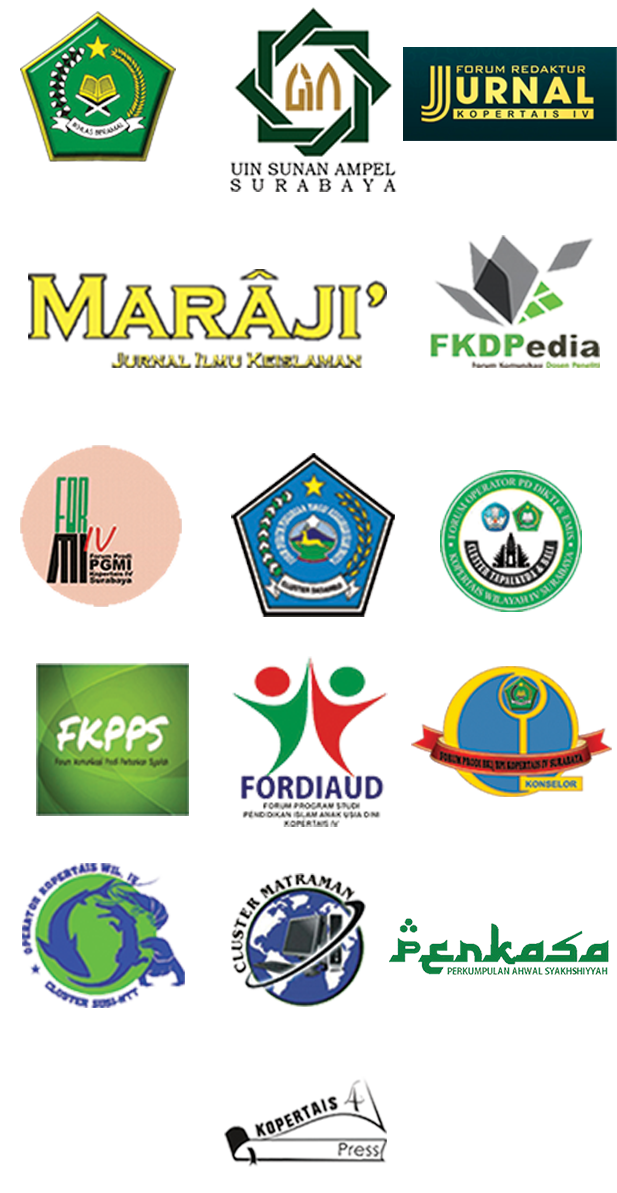Reorientasi Pendidikan Islam untuk Harmonisasi Sosial: Hidden Curriculum sebagai Sebuah Tawaran
Abstract
Islamic education as a source of value for human life has been challenged and its role has been questioned when facing conflict issues in the name of differences. In a disharmonic social interaction pattern, school is expected to perform continuous evaluation through curriculum development. PAI curriculum has been strongly emphasized its evaluation so far merely on cognitive and psychomotoric aspects, as shown by many evaluation indicators putting forward knowledge and skill, while putting affective aspects of basic competences on peripheral area so that they are not systematically evaluated. In this dilemmatic situation, it is necessary to rethink Islamic education role to exert its social responsibility through the determined curriculum. This study attempts to shed a light that utilizing hidden curriculum can be a solution to resolve social conflicts. Through this hidden curriculum, schools are able to develop and set policy strategies appropriate with the school capability and the needs of society, like creating tolerant culture or promoting equal rights and duties. Besides, through this hidden curriculum, teachers have more space to deliver religious lessons participatorically so that their pupils can grasp philosophically, not symbolically as a mental capital to respond future challenges of difference phenomena.
Keywords: Islamic Education, Social harmony, hidden curriculum









